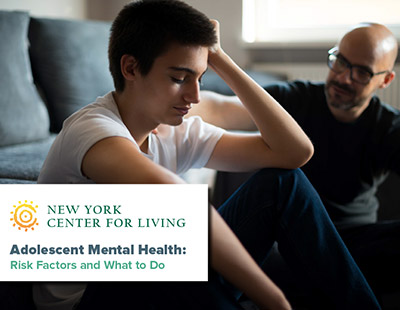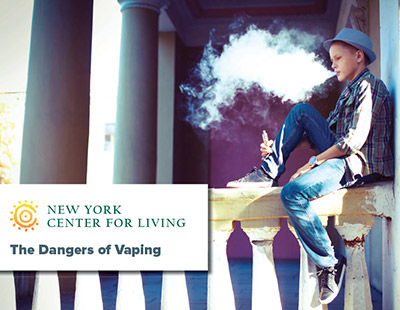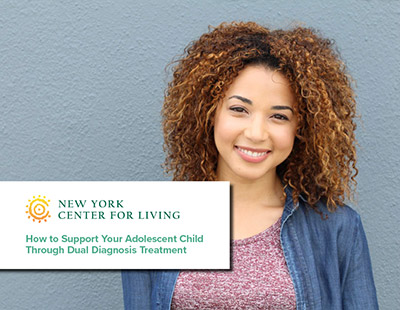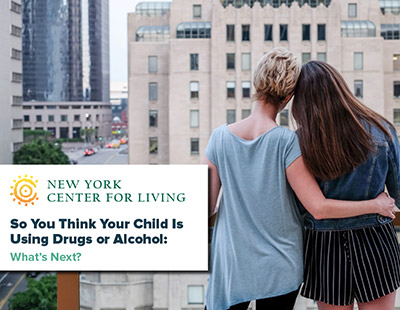Prevention starts at home. The New York Center for Living is committed to providing parents with the tools that they need to face the complex issues of substance abuse and mental health disorders in their young adult or adolescent children. Through a series of eBooks, parents are given the resources to educate and inform themselves about important, and often difficult, subject matters.
We have expertly written and designed e-books dedicated to specific subjects, such as vaping and dual diagnosis, as well as books that can help parents navigate uncomfortable and highly stressful situations that may arise.




